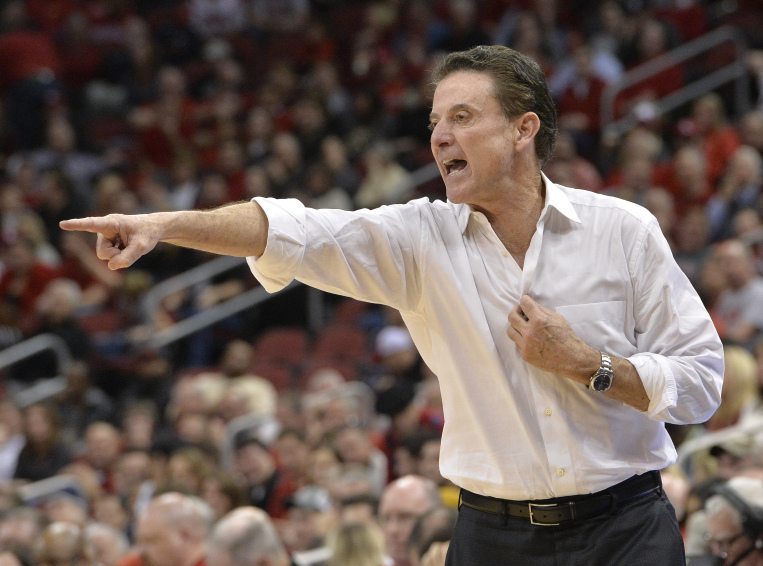
Louisville must vacate men’s basketball records in which student-athletes competed while ineligible during the 2011-12 through 2014-15 academic years according to a decision issued by the NCAA Division I Infractions Appeals Committee. The appeals committee also upheld the NCAA Division I Committee on Infractions penalty that requires the university to return to the NCAA money received through conference revenue sharing for its appearances in the 2012, 2013, 2014 and 2015 NCAA Division I Men’s Basketball Championships.
In the Committee on Infractions’ decision, the panel found that a former Louisville director of basketball operations acted unethically when he committed serious violations by arranging striptease dances and sex acts for prospects, student-athletes and others, and did not cooperate with the investigation. The violations in the case resulted in some men’s basketball student-athletes competing while ineligible.
In its appeal, the university argued the vacation of records and financial penalty should be set aside because they are excessive. The university contended that the penalties were based on participation of student-athletes who were not culpable in the violations, received negligible benefits as a result, and for whom reinstatement would likely have been granted.
The Committee on Infractions responded to the appeal by stating the penalties were appropriate due to the serious, intentional and numerous violations orchestrated by a university staff member for nearly four years. It further argued that student-athletes do not have to be culpable for the vacation penalty to be appropriate, and because the serious nature of the violations resulted in the participation of ineligible student-athletes, the vacation of records penalty was appropriate.
In its review of the case, the appeals committee found that because of the serious and intentional violations with direct involvement of a university staff member, the Committee on Infractions panel was within its legislated authority to prescribe the vacation of records and financial penalty. The appeals committee stated when student-athletes participate while ineligible, these types of penalties are appropriate. It also did not find the university’s argument about what could have happened during the reinstatement process compelling, stating there is no guarantee regarding the reinstatement process.
The members of the Infractions Appeals Committee who heard this case were Jack Friedenthal, professor emeritus at George Washington; W. Anthony Jenkins, attorney in private practice; Patti Ohlendorf, vice president for legal affairs at Texas; and David Williams, committee chair and vice chancellor for athletics and university affairs and athletics director at Vanderbilt.